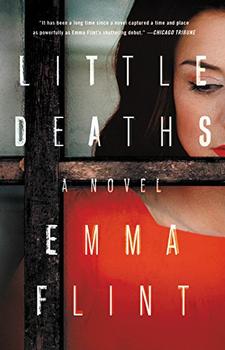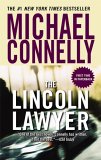Summary | Excerpt | Reviews | Read-Alikes | Genres & Themes | Author Bio

A murderer threatens revenge against his jurors if they convict him. Nevertheless, they find him guilty and he's sentenced to life imprisonment; but nine years later he's on parole and out for vengeance.
In 1970, one of Mississippi's more colorful weekly newspapers, The Ford County Times, went bankrupt. To the surprise and dismay of many, ownership was assumed by a 23 year-old college dropout, named Willie Traynor. The future of the paper looked grim until a young mother was brutally raped and murdered by a member of the notorious Padgitt family. Willie Traynor reported all the gruesome details, and his newspaper began to prosper.
The murderer, Danny Padgitt, was tried before a packed courthouse in Clanton, Mississippi. The trial came to a startling and dramatic end when the defendant threatened revenge against the jurors if they convicted him. Nevertheless, they found him guilty, and he was sentenced to life in prison.
But in Mississippi in 1970, "life" didn't necessarily mean "life," and nine years later Danny Padgitt managed to get himself paroled. He returned to Ford County, and the retribution began.

If you liked The Last Juror, try these:

by Emma Flint
Published 2017
Inspired by a true story, Little Deaths, like celebrated novels by Sarah Waters and Megan Abbott, is compelling literary crime fiction that explores the capacity for good and evil in us all.

by Michael Connelly
Published 2006
A stunning display of novelistic mastery - as human, as gripping, and as whiplash-surprising as any novel yet from the writer Publishers Weekly has called "today's Dostoyevsky of crime literature.